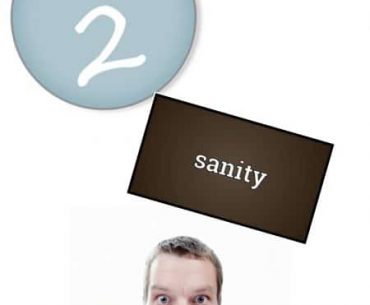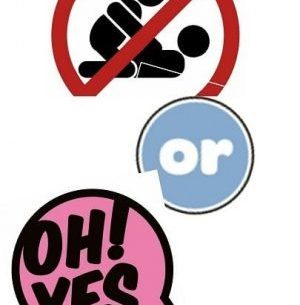In my previous posting to this site, I discussed the importance of Step 1 and ways in which it can be worked. In this post I will discuss Step 2 in similar fashion. Step 2 reads as follows: Came to believe that a power greater than ourselves could restore us to sanity. Thoroughly working Step
In today’s world, recovery from addiction typically starts in rehab, followed by addiction focused outpatient therapy, 12 step meetings, and step work. Most of the time, as recovering addicts grow comfortable with their sobriety, they rely less on professional help and more on 12 step support groups and continual working of the steps. This,
Many recovering addicts choose to seek help in therapy as well as twelve step rooms. Sometimes this begins with a stay at an inpatient rehab followed by standard outpatient therapy. Other times addicts skip rehab and seek standard outpatient treatment right away. Either way, therapists who specialize in addiction treatment (and even those who don’t)
Unfortunately, slips and relapses are relatively common in early recovery. The good news is that they are not the end of the world. Rather, these temporary setbacks are learning opportunities and chances to reaffirm and hopefully strengthen one’s commitment to recovery, sobriety, and living a better life. The simple truth is the majority of recovering
Pretty much every recovering addict knows about 12-step meetings, sponsorship, working the steps, and going to therapy. And much of the time those tools are enough to establish and maintain early sobriety. Over time, however, addicts inevitably encounter situations where those highly useful forms of support are not available. In such cases, it is
A few weeks ago I received an email from a woman in recovery from substance abuse. She had recently started dating a new guy who, after their second date, told her that he was struggling with an addiction to pornography. She contacted me, asking for advice on how to handle the situation. She said
In the early stages of sobriety, most recovering addicts are so focused on staying sober and keeping up with the basic necessities of life that they forget about their need to be happy. And for a while this is fine, as establishing and maintaining sobriety can require a person’s entire focus for many months. Eventually,
In my previous posting to this site I outlined the creation of a sexual boundary plan that recovering sex addicts can use as a guide to not only avoiding problem behaviors, but to living a healthy and happy life in sobriety. In this posting I will give a few tips on how to most effectively
In my previous posting to this site, I discussed the ways in which recovering sex addicts can best define sexual sobriety, noting first that lasting sexual sobriety does not involve long-term sexual abstinence, and next that it looks different for each recovering addict depending on his or her unique life circumstances and goals. Generally, recovering
Sex addicts new to recovery typically have little to no idea how to define sexual sobriety. Sometimes they worry that sexual sobriety is the same as chemical sobriety, where permanently abstaining is the ultimate goal. Many say that if that is the case, they’ll stick with their addiction thank you very much. And would anyone












